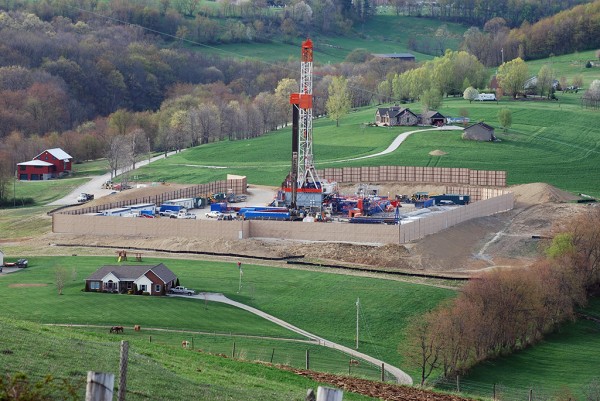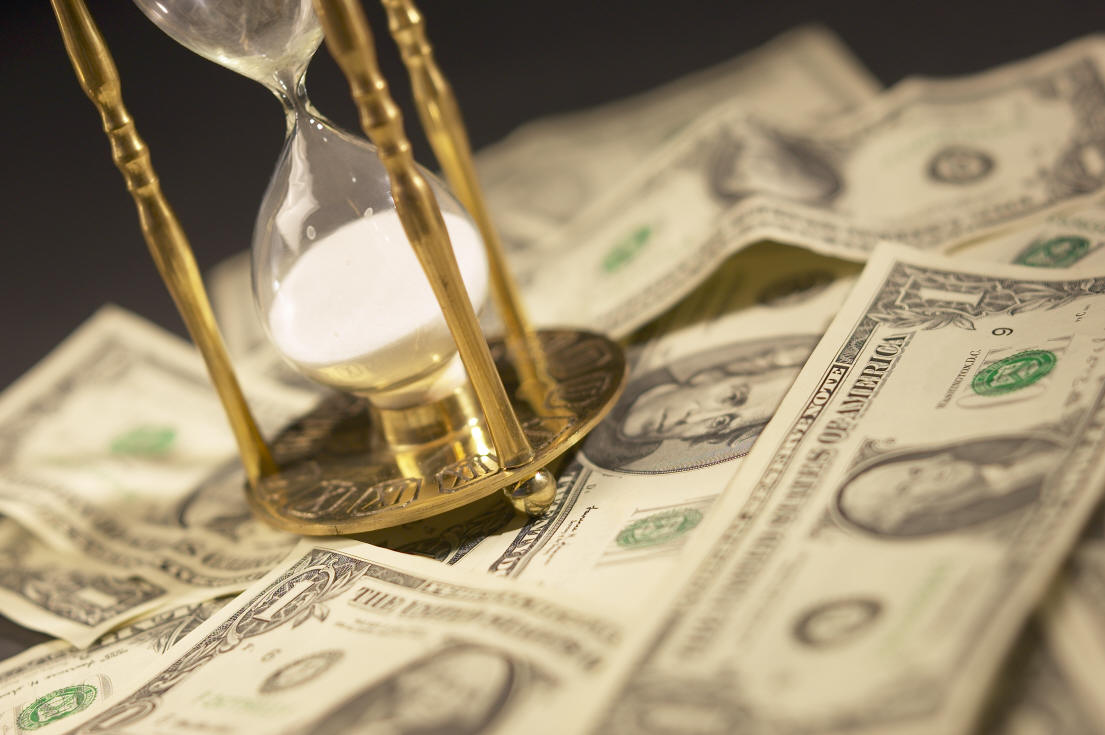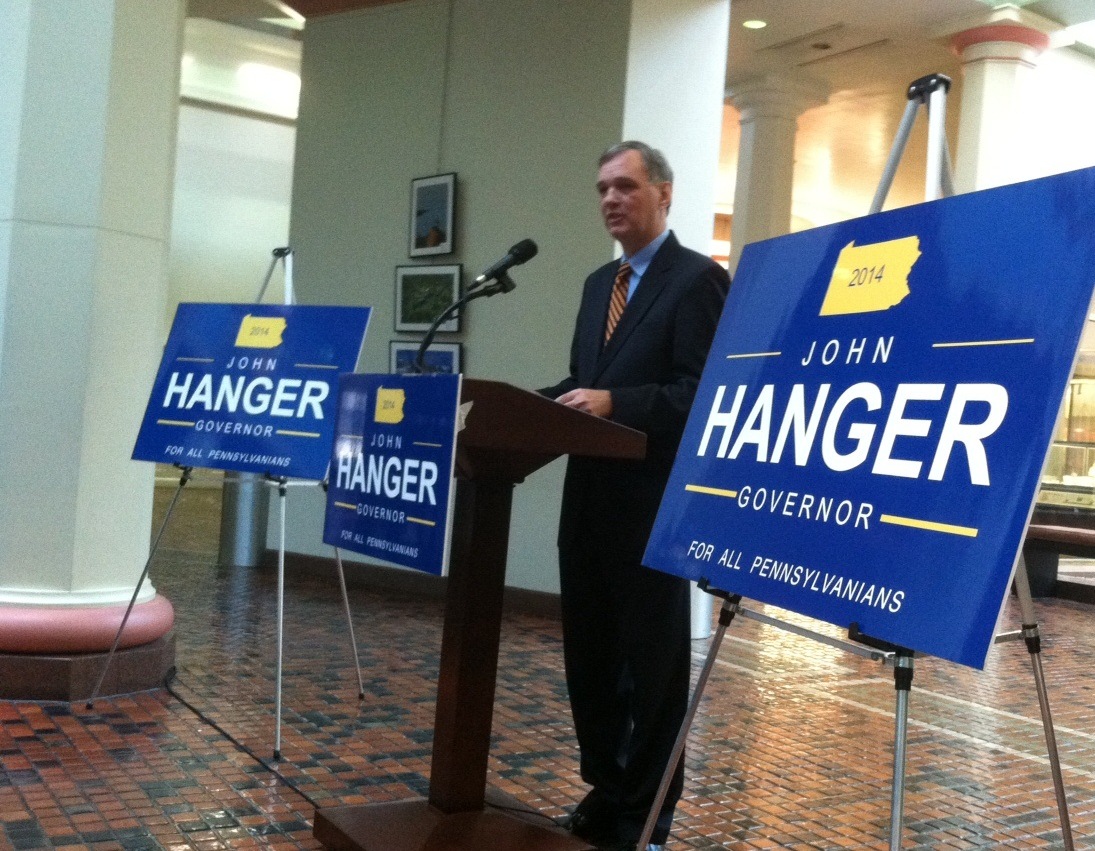House Republicans’ “Marcellus Works” Bills on the Move
The “Marcellus Works” package of bills is designed to spur job growth through the increased use of Pennsylvania’s home-grown natural gas, and the House Finance Committee has just advanced a series of tax credits for natural gas vehicle fleets, heavy-duty trucks and fueling stations.
“With the high unemployment, we know that the Marcellus Shale industry – and now with the discovery of oil in this state – is a big plus for this Commonwealth,” state Rep. Stan Saylor (R-York) told the committee. “It is time for us to start using our own resources to benefit Pennsylvania citizens.”
Saylor is the prime sponsor of HB 301, which would provide tax credits for companies that utilize natural gas in their vehicle fleets.
Several Democrats on the Finance Committee voted in favor of the bills, but minority Chair Phyllis Mundy (D-Luzerne) argued that corporate tax breaks do not pave the road to economic prosperity. “We have gone way too far with this notion,” she says. “This is trickle-down economics at its worst.”
Up next for the tax credit bills is the state House, while five more “Marcellus Works” bills await possible Wednesday action in the House Environmental Resources and Energy Committee.










